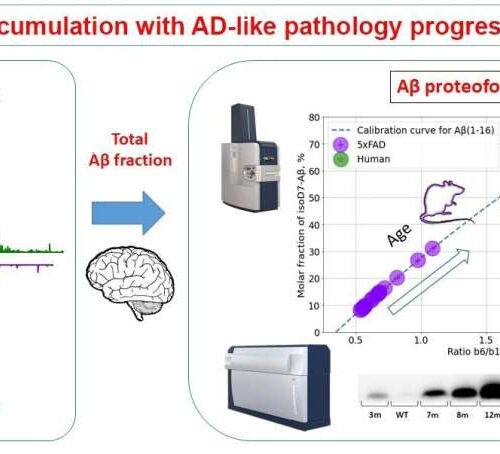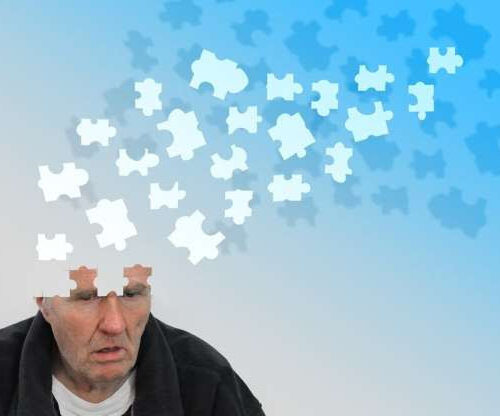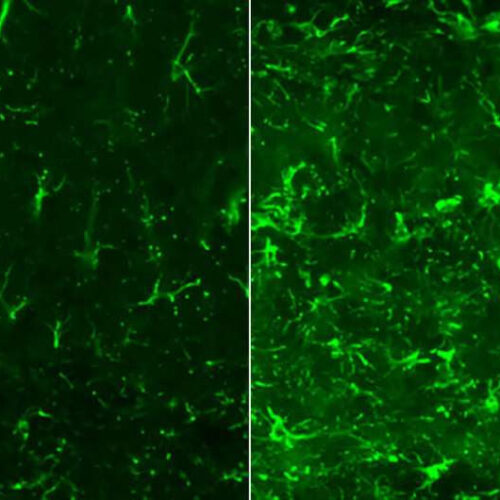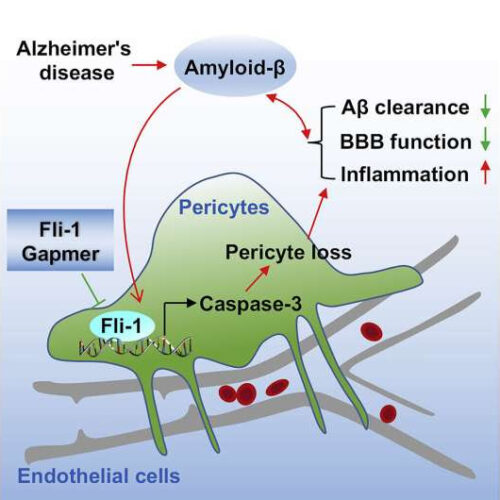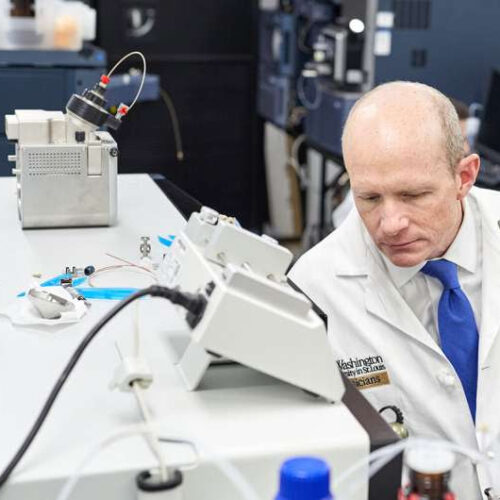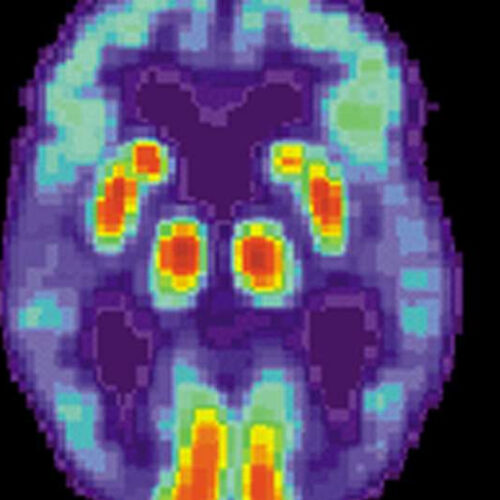by Skolkovo Institute of Science and Technology Experiment scheme and the results of the study: transgenic mice with Alzheimer’s disease-like beta-amyloid plaques in the brain. The degree of isomerization of beta-amyloid peptides (vertically) is determined by the intensity of the mass spectrometric signal (horizontally). The results obtained for the human brain (green dot) are consistent with...
Tag: <span>Alzheimers</span>
Dementia: Combination of “feelings” and measurements suggest Alzheimer’s in the early stage
DZNE – GERMAN CENTER FOR NEURODEGENERATIVE DISEASES Subjective memory disorders in conjunction with conspicuous levels of beta-amyloid proteins in the cerebrospinal fluid are a strong indication of developing Alzheimer’s disease. This is the conclusion of a DZNE study involving about 1,000 older adults. A team led by dementia researcher Frank Jessen reports on these findings...
Alzheimer’s and daytime napping linked in new research
by Emma Rose Johnson, Rush University Medical Center Credit: Pixabay/CC0 Public Domain Could there be a link between cognitive decline and excessive daytime napping? New research from the Rush Alzheimer’s Disease Center suggests a potential connection, according to an article published in Alzheimer’s and Dementia: The Journal of the Alzheimer’s Association in March. The connection appears to...
New PPI Data Again Link Medication Use to Alzheimer’s
Abdullah Hashmi, MD April 01, 2022 The study covered in this summary was published in researchsquare.com and has not yet been peer reviewed. This case–control study provided supportive evidence that previous proton pump inhibitor (PPI) use might increase the risk for Alzheimer’s disease, regardless of current or past use or duration of first- or second-generation PPIs....
New strategy reduces brain damage in Alzheimer’s and related disorders in mice
by Tamara Bhandari, Washington University School of Medicine Astrocytes are normal non-neuronal brain cells, but in their reactive form they can harm, rather than protect, brain tissue. Mice with tau tangles in their brains—a model of Alzheimer’s and related diseases—have fewer reactive astrocytes (green) in their brains when treated with the drug digoxin (left) than...
Suppression of Fli-1 protects against pericyte loss, could be new therapeutic target for Alzheimer’s
by Kimberly McGhee, Medical University of South Carolina Graphical abstract. Credit: Molecular Therapy (2022). DOI: 10.1016/j.ymthe.2022.01.023 Alzheimer’s disease is an enormous problem that, with an aging population, will only become bigger. More than 6 million Americans are living with Alzheimer’s disease, and 1 in 3 seniors will die of it, according to the Alzheimer’s Association. By 2050,...
Blood test for Alzheimer’s highly accurate in large, international study
A blood test developed at Washington University School of Medicine in St. Louis has proven highly accurate in detecting early signs of Alzheimer’s disease in a study involving nearly 500 patients from across three continents, providing further evidence that the test should be considered for routine screening and diagnosis. The study is available in the journal Neurology....
Blood test for Alzheimer’s proves highly accurate in large, international study
by Gerry Everding, Washington University School of Medicine Neurologist Randall J. Bateman, MD, the Charles F. and Joanne Knight Distinguished Professor of Neurology, inspects a mass spectrometry machine at Washington University School of Medicine in St. Louis. Using mass spectrometry, Bateman and colleagues have developed a blood test that is up to 93% accurate at...
New imaging scan reveals a culprit in cognitive decline of Alzheimer’s
by Yale University PET scan of a human brain with Alzheimer’s disease. Credit: public domain Advanced imaging technology developed by Yale researchers has helped them confirm that the destruction of brain synapses underlies the cognitive deficits experienced by patients with Alzheimer’s disease, according to a study published Feb. 17 in the journal Alzheimer’s & Dementia. For...
Behind a good mutation: How a gene variant protects against Alzheimer’s
by University of California, Irvine Credit: CC0 Public Domain While the word “mutation” may conjure up alarming notions, a mutation in brain immune cells serves a positive role in protecting people against Alzheimer’s disease. Now University of California, Irvine biologists have discovered the mechanisms behind this crucial process. Their paper appears in the journal Alzheimer’s and...

